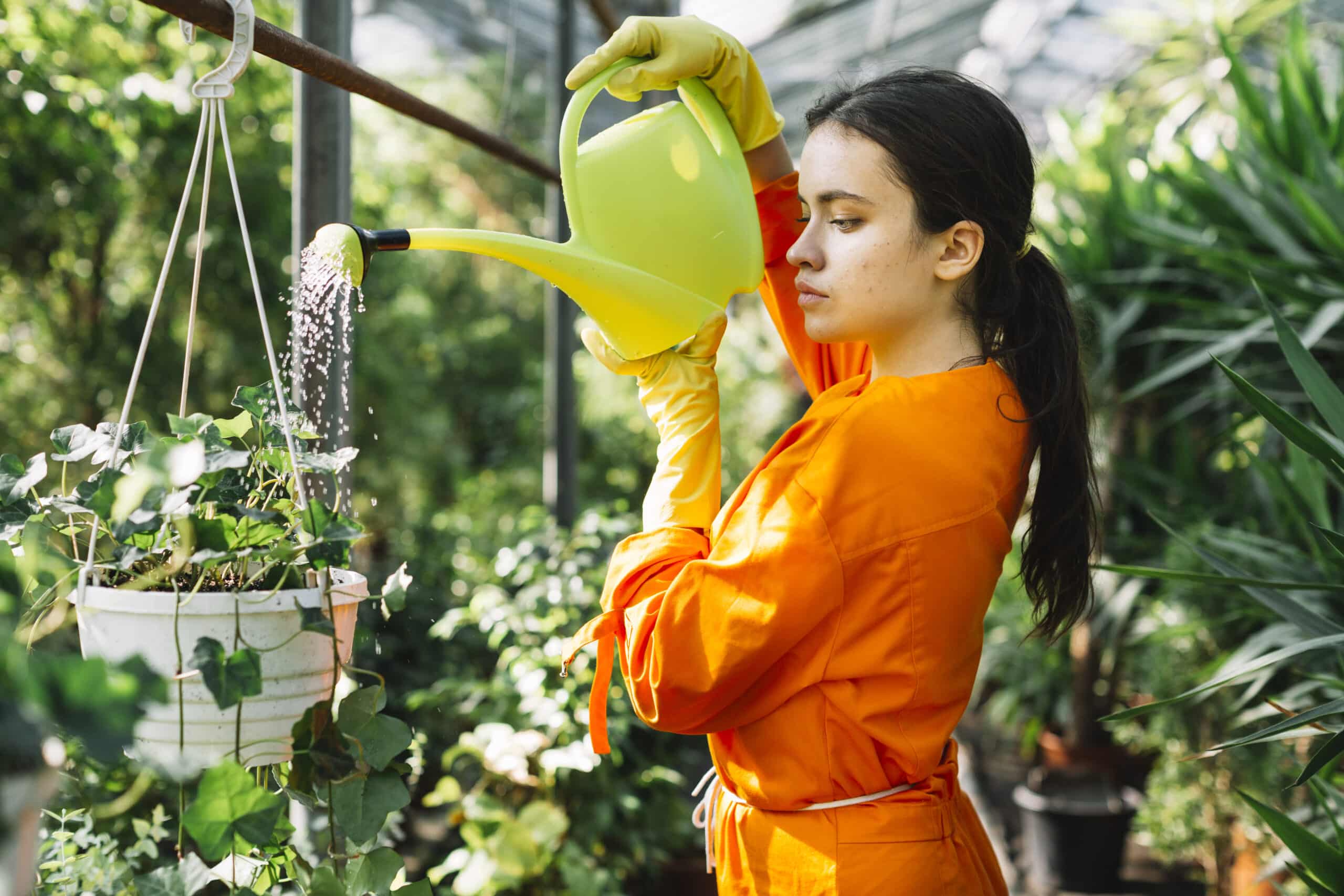During the spring season, gardening enthusiasts prepare the soil for planting new flowers and vegetables. While focusing on improving the soil quality and choosing good seeds, they often forget to consider their water quality.
To have a thriving garden, you need good fertilizers, compost, sunlight and water. If the water you are using has lots of contaminants or excess minerals, then it can cause harm to your plants instead of nourishing them. Let’s understand in greater detail why water quality matters for your garden and how you can ensure your plants get the best hydration possible.
The Role of Water in a Healthy Garden
Water is essential for the growth of plants as it helps with photosynthesis, nutrient absorption and temperature regulation. However, water quality also matters. If your water has high amounts of minerals, chlorine, heavy metals, or pesticides, then it can negatively impact the overall health of your plants. Some signs of poor water quality in your garden include:
- Yellowing leaves – Water that has too much chlorine or an imbalance of minerals can cause the leaves to turn yellow.
- Stunted growth – High levels of contaminants can interfere with the plant’s nutrient absorption, resulting in stunted growth.
- Soil damage – Hard water contains excess calcium and magnesium, which can alter the soil’s pH over time.
Common Water Quality Issues and Their Impact
1. Hard Water
Hard water has high amounts of minerals. Although minerals are not harmful in small amounts, when given in large amounts, they can cause soil buildup. This can make it difficult for plants to absorb nutrients. Plus, hard water can also cause limescale buildup inside irrigation systems, leading to inefficient watering.
2. Chlorine
Water treatment facilities often add chlorine to the water to kill bacteria. Although this makes drinking water safer, chlorine is not suitable for plants. It may cause damage to the beneficial microbes in the soil that help with nutrient absorption among plants.
3. Heavy Metals
Depending on the area you live in, your water may contain trace amounts of metals like lead, iron, zinc, etc. Over time, these heavy metals can accumulate in the soil and be toxic to plants, affecting their long-term health and growth.
4. High Salinity
Water that has too much salt can cause dehydration in plants. This problem is especially common in homes that have a well water supply or in places where groundwater is high in mineral content.
Give Your Plants the Best Start This Spring
If you want to ensure your plants receive clean, healthy water, then you must get your water quality tested. You can contact Kinetico of San Antonio for comprehensive water testing in San Antonio. We conduct detailed water testing to help you get a better understanding of your water quality. Based on the results, our expert team suggests the best ways to improve your specific water quality issues. Reach out to us today to upgrade your water quality and have healthier plants and cleaner water.



